

| Region rejsu : USA /Kanada / Meksyk, Karaiby |
| Firma : MSC Cruises |
| Statek : MSC Meraviglia |
| Data rozpoczęcia : niedz. 19 kwi 2026 |
| Data zakończenia : pt. 08 maj 2026 |
| Liczba nocy : 19 nocy |
| Dzień | Data | Port | Wypłynięcie | Odpłynięcie |
|---|---|---|---|---|
| 1 | 19.04 niedz. | Nowy Jork / USA | 19:00 | |
| 2 | 20.04 pon. | Dzień na morzu / Morze | ||
| 3 | 21.04 wt. | Halifax / Kanada | 09:00 | 19:00 |
| 4 | 22.04 śr. | Dzień na morzu / Morze | ||
| 5 | 23.04 czw. | Dzień na morzu / Morze | ||
| 6 | 24.04 pt. | Dzień na morzu / Morze | ||
| 7 | 25.04 sob. | Dzień na morzu / Morze | ||
| 8 | 26.04 niedz. | Ponta Delgada, San Miguel / Portugalia | 08:00 | 23:59 |
| 9 | 27.04 pon. | Ponta Delgada, San Miguel / Portugalia | 00:01 | 13:00 |
| 10 | 28.04 wt. | Dzień na morzu / Morze | ||
| 11 | 29.04 śr. | Lizbona / Portugalia | 08:00 | 19:00 |
| 12 | 30.04 czw. | Dzień na morzu / Morze | ||
| 13 | 1.05 pt. | Cadiz / Hiszpania | 07:00 | 18:00 |
| 14 | 2.05 sob. | Malaga / Hiszpania | 07:00 | 19:00 |
| 15 | 3.05 niedz. | Dzień na morzu / Morze | ||
| 16 | 4.05 pon. | Marsylia / Francja | 08:00 | 19:00 |
| 17 | 5.05 wt. | Barcelona / Hiszpania | 07:00 | 18:00 |
| 18 | 6.05 śr. | Dzień na morzu / Morze | ||
| 19 | 7.05 czw. | Tunezja / Tunisia | 08:00 | 18:00 |
| 20 | 8.05 pt. | Sycylia Palermo / Włochy | 09:00 |
Zakwaterowanie w kabinie wybranej kategorii
Wyżywienie w restauracji (bufecie) w formie „szwedzkiego stołu”, obejmujące śniadanie, obiad i kolację, a także przekąski w kawiarni i pizzerii przez cały dzień. Woda, soki, herbata i kawa z automatów dostępne w bufecie bezpłatnie przez 24 godziny.
Wyżywienie w głównej restauracji „a la carte”. Zazwyczaj na wszystkich statkach znajdują się dwie lub trzy główne restauracje z obsługą kelnerską według menu. Potrawy w takich restauracjach są bardziej wykwintne i urozmaicone niż w bufecie. Napoje zamawiane są za dodatkową opłatą.
Rozrywka na pokładzie, taka jak animacje, warsztaty, aerobik, wieczorne przedstawienia w teatrze, muzyka na żywo w barach, dyskoteki.
Korzystanie ze wszystkich ogólnodostępnych stref statku: centrum fitness (siłownia), baseny, jacuzzi przy basenach, aquapark, biblioteka, mini-kluby dla dzieci.
Usługi opiekunów w mini-klubach dla dzieci od 6 miesięcy do 17 lat.
Gry na boiskach sportowych, w tym tenis, mini-piłka nożna, koszykówka, badminton, mini-golf i inne.
Korzystanie ze środków pływających podczas załadunku lub zejścia na ląd w portach, do których statek nie wpływa.
Transport bagażu na początku i na końcu rejsu.
Opłata serwisowa – 12 € dziennie od osoby.
W zależności od kategorii kabiny mogą Państwo otrzymać dodatkowe usługi bezpłatnie. Na przykład napoje ALL INCLUSIVE w barach i restauracjach, obsługę w kabinie z bezpłatną dostawą 24 godziny na dobę, korzystanie z centrum spa.
Ważne: Firma MSC ma prawo zamienić kabinę na taką samej kategorii lub wyższej. MSC dołoży wszelkich starań, aby uniknąć zmiany kabiny.
Dodatkowe koszty:
• ubezpieczenie (ubezpieczenie medyczne, ubezpieczenie od rezygnacji z podróży)
• przelot samolotem lub podróż koleją (koszty transportu do portu początkowego i z portu końcowego rejsu)
• transfery (z lotniska/dworca kolejowego do portu morskiego i z powrotem)
• wycieczki fakultatywne
• rezerwacja hoteli przed lub po rejsie, jeśli chcą Państwo przedłużyć pobyt na lądzie
Dodatkowo płatne na statku:
• korzystanie z alternatywnych barów i restauracji
• usługi centrów spa, fryzjerów, salonów piękności
• usługi medyczne
• pralnia, prasowanie bielizny
• kasyno
• automaty do gier i inne w zależności od statku
Przy każdym zakupie towarów na statku w barach, restauracjach, sklepach oraz przy korzystaniu z usług w centrum spa, salonie fryzjerskim itp. zostanie naliczona dodatkowa opłata serwisowa, która średnio wynosi 15% wartości zakupu.
W standardową cenę rejsu zazwyczaj nie jest wliczony pakiet napojów. Mogą Państwo dodatkowo wybrać i dodać do swojego rejsu odpowiedni pakiet napojów.
Pakiety napojów na sezony: „Zima 2024–2025”, „Lato 2025”, „Zima 2025–2026”, „Lato 2026”, „Zima 2026–2027”
Pakiety napojów muszą być zarezerwowane przez wszystkich gości zakwaterowanych w tej samej kajucie, w tym dzieci powyżej 3 lat (dla nich rezerwowany jest MINORS PACKAGE – pakiet dla dzieci).
Miejsca przy wspólnym stole w głównej restauracji podczas kolacji są możliwe tylko wtedy, gdy wszyscy goście mają zarezerwowany ten sam pakiet napojów (lub nikt z nich nie ma pakietu).
Pakiety przeznaczone są wyłącznie do użytku osobistego, karta rejsowa nie może być przekazywana innym osobom. Przy każdym zamówieniu można poprosić tylko o jeden napój. W przypadku naruszenia zasad korzystania z pakietu, linia rejsowa zastrzega sobie prawo do zablokowania pakietu bez zwrotu kosztów za niewykorzystane dni.
Pakiety obowiązują każdego dnia trwania rejsu i nie mogą być kupowane na pojedyncze dni.
Zgodnie z prawem Arabii Saudyjskiej, podczas postoju w portach Arabii Saudyjskiej napoje alkoholowe nie są serwowane (dostępne są tylko napoje bezalkoholowe). Napoje alkoholowe będą dostępne dopiero po wypłynięciu statku z portu i przebywaniu na morzu.
Cena pakietów napojów przy zakupie na pokładzie będzie wyższa niż przy rezerwacji rejsu.
Szczegółowa lista napojów wchodzących w skład pakietów będzie dostępna w menu barów na pokładzie statku.
Pakiety napojów obowiązują również na wyspach Sir Bani Yas i Ocean Cay.
Linia rejsowa zastrzega sobie prawo do zawieszenia działania pakietów napojów w dowolnym momencie.
Cena podana jest za dzień, za osobę.
Gdzie obowiązują:
Morze Śródziemne; Europa Północna; ZEA i Zatoka Perska; Wyspy Kanaryjskie; Karaiby z Fort-de-France; Rejsy dookoła świata
EASY PACKAGE (dla dorosłych od 18 lat)
Określony, ograniczony wybór napojów alkoholowych i bezalkoholowych serwowanych w kieliszkach:
Piwo (1 rodzaj) i piwo bezalkoholowe
Wino (białe, różowe, czerwone)
Koktajle alkoholowe i bezalkoholowe
Ograniczony wybór mocnych alkoholi
Napoje gazowane i soki
Klasyczne napoje gorące: espresso, americano, cappuccino, caffe latte, herbata
Woda mineralna w butelkach
Ograniczenie dotyczące napojów alkoholowych:
15 napojów dziennie (napoje bezalkoholowe – bez ograniczeń).
Szczegółowa lista napojów dostępna jest w menu barów na pokładzie statku.
Osoby chętne mogą skorzystać ze zniżki 7 € przy zakupie droższego napoju, który nie jest objęty pakietem Easy Package (do różnicy w cenie zostanie doliczona opłata serwisowa w wysokości 15%).
Gdzie obowiązuje:
24 godziny na dobę w wybranych barach na pokładzie, w głównych restauracjach oraz w restauracji bufetowej.
Gdzie nie obowiązuje:
W restauracjach specjalnych, w Venchi 1878, Jean-Philippe Maury, MSC Virtuosa Starship Club, MSC World Europa & America Coffee Emporium, MSC World Europa Raj Polo Tea Room.
Uwaga:
Pakiet muszą zarezerwować wszyscy goście zakwaterowani w tej samej kajucie lub podróżujący razem – wówczas miejsca w głównej restauracji będą przy wspólnym stole. Zasada ta dotyczy również dzieci od 3 roku życia, dla których kupowany jest MINORS PACKAGE (dla dzieci).
Do ceny pakietu nie są wliczone: minibar, napoje alkoholowe w butelkach, niektóre marki napojów, lody.
Ceny:
Rejsy od 1 do 4 dni – 40 €/dzień
Rejsy od 5 do 10 dni – 40 €/dzień
Rejsy od 11 dni i więcej – 36 €/dzień
EASY PLUS PACKAGE (dla dorosłych od 18 lat)
Szeroki wybór napojów alkoholowych i bezalkoholowych serwowanych w kieliszkach o wartości do 9 €:
Piwo lane, rzemieślnicze, butelkowe oraz piwo bezalkoholowe
Wino (białe, różowe, czerwone, a także musujące)
Napój dnia
Koktajle alkoholowe i bezalkoholowe
Mocne alkohole znanych marek
Napoje gazowane i soki
Szeroki wybór klasycznych napojów gorących: espresso, americano, cappuccino, caffe latte, kawa mrożona, herbata itp.
Woda mineralna w butelkach
Ograniczenie dotyczące napojów alkoholowych:
15 napojów dziennie (napoje bezalkoholowe – bez ograniczeń).
Pakiet Easy Plus Package daje 10% zniżki na zakup butelek wina na pokładzie.
Osoby chętne mogą skorzystać ze zniżki 9 € przy zakupie droższego napoju, który nie jest objęty pakietem Easy Plus Package (do różnicy w cenie zostanie doliczona opłata serwisowa w wysokości 15%).
Gdzie obowiązuje:
24 godziny na dobę w barach na pokładzie, w głównych restauracjach, w restauracji bufetowej oraz w restauracjach specjalnych.
Gdzie nie obowiązuje:
Venchi 1878, Jean-Philippe Maury oraz MSC Virtuosa Starship Club.
Uwaga:
Pakiet muszą zarezerwować wszyscy goście zakwaterowani w tej samej kajucie lub podróżujący razem – wówczas miejsca w głównej restauracji będą przy wspólnym stole. Zasada ta dotyczy również dzieci od 3 roku życia, dla których kupowany jest MINORS PACKAGE (dla dzieci).
Do ceny pakietu nie są wliczone: minibar, napoje alkoholowe w butelkach, niektóre marki napojów, lody.
Ceny:
Rejsy od 1 do 4 dni – 54 €/dzień
Rejsy od 5 do 10 dni – 54 €/dzień
Rejsy od 11 dni i więcej – 50 €/dzień
PREMIUM EXTRA PACKAGE (dla dorosłych od 18 lat)
Szeroki wybór napojów alkoholowych i bezalkoholowych serwowanych w kieliszkach o wartości do 14 €:
Piwo lane, rzemieślnicze, butelkowe i bezalkoholowe
Szeroki wybór win i szampanów
Napój dnia
Koktajle alkoholowe i bezalkoholowe
Mocne alkohole segmentu premium
Napoje gazowane i soki
Szeroki wybór klasycznych napojów gorących: espresso, americano, cappuccino, caffe latte, kawa mrożona, herbata itd.
Woda mineralna w butelkach
Ograniczenie dotyczące napojów alkoholowych:
15 napojów dziennie (napoje bezalkoholowe – bez ograniczeń).
Pakiet Premium Extra Package daje 25% zniżki na zakup butelek wina i szampana na pokładzie.
Gdzie obowiązuje:
24 godziny na dobę w barach na pokładzie, w głównych restauracjach, w restauracji bufetowej oraz w restauracjach alternatywnych.
Gdzie nie obowiązuje:
Venchi 1878, Jean-Philippe Maury oraz MSC Virtuosa Starship Club.
Uwaga:
Pakiet muszą zarezerwować wszyscy goście zakwaterowani w tej samej kabinie lub podróżujący razem; w takim przypadku w głównej restauracji zostanie przydzielony wspólny stół. Zasada ta dotyczy również dzieci od 3 roku życia – dla nich obowiązuje zakup pakietu MINORS PACKAGE.
Nie są wliczone w cenę: mini-bar, napoje alkoholowe w butelkach, niektóre marki napojów, lody.
Ceny:
Rejsy od 1 do 4 dni – 75 €/dzień
Rejsy od 5 do 10 dni – 75 €/dzień
Rejsy od 11 dni i więcej – 70 €/dzień
ALCOHOL-FREE PACKAGE (dla dorosłych od 18 lat)
Szeroki wybór napojów bezalkoholowych, gazowanych i energetycznych, woda mineralna w butelkach, soki owocowe, szeroki asortyment napojów kawowych, herbata oraz lody „na wynos”.
Gdzie obowiązuje:
24 godziny na dobę w wybranych barach na pokładzie, w głównych restauracjach oraz w restauracji bufetowej.
Gdzie nie obowiązuje:
W restauracjach alternatywnych, w Venchi 1878, Jean-Philippe Maury, MSC Virtuosa Starship Club.
Uwaga:
Pakiet muszą zarezerwować wszyscy goście zakwaterowani w tej samej kabinie lub podróżujący razem; w takim przypadku w głównej restauracji zostanie przydzielony wspólny stół. Zasada ta dotyczy również dzieci od 3 roku życia – dla nich obowiązuje zakup pakietu MINORS PACKAGE.
Nie są wliczone w cenę: mini-bar, napoje alkoholowe.
Ceny:
Rejsy od 1 do 4 dni – 26 €/dzień
Rejsy od 5 do 10 dni – 26 €/dzień
Rejsy od 11 dni i więcej – 24 €/dzień
MINORS PACKAGE (dla dzieci od 3 do 17 lat)
Szeroki wybór napojów bezalkoholowych, gazowanych i energetycznych, woda mineralna w butelkach, soki owocowe, szeroki asortyment napojów kawowych, herbata oraz lody „na wynos”.
Gdzie obowiązuje:
24 godziny na dobę w wybranych barach na pokładzie, w głównych restauracjach oraz w restauracji bufetowej.
Gdzie nie obowiązuje:
W restauracjach alternatywnych, w Venchi 1878, Jean-Philippe Maury, MSC Virtuosa Starship Club.
Uwaga:
Pakiet jest przeznaczony dla dzieci od 3 do 17 lat podróżujących w jednej kabinie z dorosłymi. Dorośli pasażerowie muszą wykupić pakiety napojów dla dorosłych.
Nie są wliczone w cenę: mini-bar, napoje alkoholowe.
Ceny:
Rejsy od 1 do 4 dni – 17 €/dzień
Rejsy od 5 do 10 dni – 17 €/dzień
Rejsy od 11 dni i więcej – 17 €/dzień
Karaiby z Miami; Ameryka Północna; Alaska
EASY PACKAGE (dla dorosłych od 21 lat)
Określony, ograniczony wybór napojów alkoholowych i bezalkoholowych serwowanych w kieliszkach:
Piwo (1 rodzaj) i piwo bezalkoholowe
Wino (białe, różowe, czerwone)
Koktajle alkoholowe i bezalkoholowe
Ograniczony wybór mocnych alkoholi
Napoje gazowane i soki
Klasyczne napoje gorące: espresso, americano, cappuccino, caffe latte, herbata
Woda mineralna w butelkach
Ograniczenie:
15 napojów alkoholowych dziennie (napoje bezalkoholowe – bez ograniczeń).
Szczegółowa lista napojów jest dostępna w menu barów na pokładzie statku.
Możliwość skorzystania ze zniżki 10 $ przy zakupie droższego napoju, niewchodzącego w skład Easy Package (do różnicy w cenie doliczana jest opłata serwisowa 18%).
Gdzie obowiązuje:
24 godziny na dobę w wybranych barach na pokładzie, w głównych restauracjach i w restauracji bufetowej.
Gdzie nie obowiązuje:
Restauracje alternatywne, Venchi 1878, Jean-Philippe Maury, MSC Virtuosa Starship Club, MSC World Europa & America Coffee Emporium, MSC World Europa Raj Polo Tea Room.
Uwaga:
Pakiet muszą wykupić wszyscy pasażerowie w tej samej kabinie lub podróżujący razem – w takim przypadku w głównej restauracji przydzielany jest wspólny stół. Zasada dotyczy także dzieci od 3 lat – dla nich obowiązuje MINORS PACKAGE.
Nie obejmuje: mini-baru, alkoholi w butelkach, niektórych marek napojów, lodów.
Ceny:
1–4 dni – 40 €/dzień
5–10 dni – 40 €/dzień
11 dni i więcej – 36 €/dzień
EASY PLUS PACKAGE (dla dorosłych od 21 lat)
Szeroki wybór napojów alkoholowych i bezalkoholowych serwowanych w kieliszkach, o wartości do 14 $:
Piwo lane, rzemieślnicze, butelkowe i bezalkoholowe
Wino (białe, różowe, czerwone, musujące)
Napój dnia
Koktajle alkoholowe i bezalkoholowe
Mocne alkohole znanych marek
Napoje gazowane i soki
Szeroki wybór klasycznych napojów gorących: espresso, americano, cappuccino, caffe latte, kawa mrożona, herbata itp.
Woda mineralna w butelkach
Ograniczenie:
15 napojów alkoholowych dziennie (napoje bezalkoholowe – bez ograniczeń).
Pakiet daje 10% zniżki na zakup butelek wina na pokładzie.
Możliwość skorzystania ze zniżki 14 $ przy zakupie droższego napoju, niewchodzącego w skład Easy Plus Package (do różnicy w cenie doliczana jest opłata serwisowa 18%).
Gdzie obowiązuje:
24 godziny na dobę w barach na pokładzie, w głównych restauracjach, w restauracji bufetowej oraz w restauracjach alternatywnych.
Gdzie nie obowiązuje:
Venchi 1878, Jean-Philippe Maury, MSC Virtuosa Starship Club.
Uwaga:
Pakiet muszą wykupić wszyscy pasażerowie w tej samej kabinie lub podróżujący razem. Zasada dotyczy także dzieci od 3 lat – dla nich obowiązuje MINORS PACKAGE.
Nie obejmuje: mini-baru, alkoholi w butelkach, niektórych marek napojów, lodów.
Ceny:
1–4 dni – 54 €/dzień
5–10 dni – 54 €/dzień
11 dni i więcej – 50 €/dzień
PREMIUM EXTRA PACKAGE (dla dorosłych od 21 lat)
Najszerszy wybór napojów alkoholowych i bezalkoholowych serwowanych w kieliszkach, o wartości do 16 $:
Piwo lane, rzemieślnicze, butelkowe i bezalkoholowe
Szeroki wybór win i szampanów
Napój dnia
Koktajle alkoholowe i bezalkoholowe
Mocne alkohole segmentu premium
Napoje gazowane i soki
Szeroki wybór klasycznych napojów gorących: espresso, americano, cappuccino, caffe latte, kawa mrożona, herbata itp.
Woda mineralna w butelkach
Ograniczenie:
15 napojów alkoholowych dziennie (napoje bezalkoholowe – bez ograniczeń).
Pakiet daje 25% zniżki na zakup butelek wina i szampana na pokładzie.
Gdzie obowiązuje:
24 godziny na dobę w barach na pokładzie, w głównych restauracjach, w restauracji bufetowej oraz w restauracjach alternatywnych.
Gdzie nie obowiązuje:
Venchi 1878, Jean-Philippe Maury, MSC Virtuosa Starship Club.
Uwaga:
Pakiet muszą wykupić wszyscy pasażerowie w tej samej kabinie lub podróżujący razem. Zasada dotyczy także dzieci od 3 lat – dla nich obowiązuje MINORS PACKAGE.
Nie obejmuje: mini-baru, alkoholi w butelkach, niektórych marek napojów, lodów.
Ceny:
1–4 dni – 75 €/dzień
5–10 dni – 75 €/dzień
11 dni i więcej – 70 €/dzień
ALCOHOL-FREE PACKAGE (dla dorosłych od 21 lat)
Szeroki wybór napojów bezalkoholowych, gazowanych i energetycznych, woda mineralna w butelkach, soki owocowe, szeroki asortyment napojów kawowych, herbata i lody „na wynos”.
Gdzie obowiązuje:
24 godziny na dobę w wybranych barach na pokładzie, w głównych restauracjach i w restauracji bufetowej.
Gdzie nie obowiązuje:
Restauracje alternatywne, Venchi 1878, Jean-Philippe Maury, MSC Virtuosa Starship Club.
Uwaga:
Pakiet muszą wykupić wszyscy pasażerowie w tej samej kabinie lub podróżujący razem. Zasada dotyczy także dzieci od 3 lat – dla nich obowiązuje MINORS PACKAGE.
Nie obejmuje: mini-baru, alkoholi.
Ceny:
1–4 dni – 26 €/dzień
5–10 dni – 26 €/dzień
11 dni i więcej – 24 €/dzień
MINORS PACKAGE (dla dzieci od 3 do 20 lat)
Szeroki wybór napojów bezalkoholowych, gazowanych i energetycznych, woda mineralna w butelkach, soki owocowe, szeroki asortyment napojów kawowych, herbata i lody „na wynos”.
Gdzie obowiązuje:
24 godziny na dobę w wybranych barach na pokładzie, w głównych restauracjach i w restauracji bufetowej.
Gdzie nie obowiązuje:
Restauracje alternatywne, Venchi 1878, Jean-Philippe Maury, MSC Virtuosa Starship Club.
Uwaga:
Pakiet przeznaczony dla dzieci w wieku 3–20 lat podróżujących w tej samej kabinie z dorosłymi. Dorośli muszą wykupić pakiety napojów dla dorosłych.
Nie obejmuje: mini-baru, napojów alkoholowych.
Ceny:
1–4 dni – 17 €/dzień
5–10 dni – 17 €/dzień
11 dni i więcej – 17 €/dzień
Azja; Daleki Wschód
EASY PACKAGE (dla dorosłych od 20 lat)
Określony, ograniczony wybór napojów alkoholowych i bezalkoholowych serwowanych w kieliszkach:
Piwo (1 rodzaj) i piwo bezalkoholowe
Wino (białe, różowe, czerwone)
Koktajle alkoholowe i bezalkoholowe
Ograniczony wybór mocnych alkoholi
Napoje gazowane i soki
Klasyczne napoje gorące: espresso, americano, cappuccino, caffe latte, herbata
Woda mineralna w butelkach
Ograniczenie:
15 napojów alkoholowych dziennie (napoje bezalkoholowe – bez ograniczeń).
Szczegółowa lista napojów jest dostępna w menu barów na pokładzie statku.
Możliwość skorzystania ze zniżki 8 $ przy zakupie droższego napoju, niewchodzącego w skład Easy Package (do różnicy w cenie doliczana jest opłata serwisowa 18%).
Gdzie obowiązuje:
24 godziny na dobę w wybranych barach na pokładzie, w głównych restauracjach i w restauracji bufetowej.
Gdzie nie obowiązuje:
Restauracje alternatywne, Venchi 1878, Jean-Philippe Maury, MSC Virtuosa Starship Club, MSC World Europa & America Coffee Emporium, MSC World Europa Raj Polo Tea Room.
Uwaga:
Pakiet muszą wykupić wszyscy pasażerowie w tej samej kabinie lub podróżujący razem. Zasada dotyczy także dzieci od 3 lat – dla nich obowiązuje MINORS PACKAGE.
Nie obejmuje: mini-baru, alkoholi w butelkach, niektórych marek napojów, lodów.
Ceny:
1–4 dni – 40 €/dzień
5–10 dni – 40 €/dzień
11 dni i więcej – 36 €/dzień
EASY PLUS PACKAGE (dla dorosłych od 20 lat)
Szeroki wybór napojów alkoholowych i bezalkoholowych serwowanych w kieliszkach, o wartości do 10 $:
Piwo lane, rzemieślnicze, butelkowe i bezalkoholowe
Wino (białe, różowe, czerwone, musujące)
Napój dnia
Koktajle alkoholowe i bezalkoholowe
Mocne alkohole znanych marek
Napoje gazowane i soki
Szeroki wybór klasycznych napojów gorących: espresso, americano, cappuccino, caffe latte, kawa mrożona, herbata itp.
Woda mineralna w butelkach
Ograniczenie:
15 napojów alkoholowych dziennie (napoje bezalkoholowe – bez ograniczeń).
Pakiet daje 10% zniżki na zakup butelek wina na pokładzie.
Możliwość skorzystania ze zniżki 10 $ przy zakupie droższego napoju, niewchodzącego w skład Easy Plus Package (do różnicy w cenie doliczana jest opłata serwisowa 18%).
Gdzie obowiązuje:
24 godziny na dobę w barach na pokładzie, w głównych restauracjach, w restauracji bufetowej oraz w restauracjach alternatywnych.
Gdzie nie obowiązuje:
Venchi 1878, Jean-Philippe Maury, MSC Virtuosa Starship Club.
Uwaga:
Pakiet muszą wykupić wszyscy pasażerowie w tej samej kabinie lub podróżujący razem. Zasada dotyczy także dzieci od 3 lat – dla nich obowiązuje MINORS PACKAGE.
Nie obejmuje: mini-baru, alkoholi w butelkach, niektórych marek napojów, lodów.
Ceny:
1–4 dni – 54 €/dzień
5–10 dni – 54 €/dzień
11 dni i więcej – 50 €/dzień
PREMIUM EXTRA PACKAGE (dla dorosłych od 20 lat)
Najszerszy wybór napojów alkoholowych i bezalkoholowych serwowanych w kieliszkach, o wartości do 16 $:
Piwo lane, rzemieślnicze, butelkowe i bezalkoholowe
Szeroki wybór win i szampanów
Napój dnia
Koktajle alkoholowe i bezalkoholowe
Mocne alkohole segmentu premium
Napoje gazowane i soki
Szeroki wybór klasycznych napojów gorących: espresso, americano, cappuccino, caffe latte, kawa mrożona, herbata itp.
Woda mineralna w butelkach
Ograniczenie:
15 napojów alkoholowych dziennie (napoje bezalkoholowe – bez ograniczeń).
Pakiet Premium Extra Package daje 25% zniżki na zakup butelek wina i szampana na pokładzie.
Gdzie obowiązuje:
24 godziny na dobę w barach na pokładzie, w głównych restauracjach, w restauracji bufetowej oraz w restauracjach alternatywnych.
Gdzie nie obowiązuje:
Venchi 1878, Jean-Philippe Maury, MSC Virtuosa Starship Club.
Uwaga:
Pakiet muszą wykupić wszyscy pasażerowie w tej samej kabinie lub podróżujący razem – w takim przypadku w głównej restauracji zostanie przydzielony wspólny stół. Zasada ta dotyczy również dzieci od 3 roku życia – dla nich obowiązuje zakup MINORS PACKAGE.
Nie obejmuje: mini-baru, alkoholi w butelkach, niektórych marek napojów, lodów.
Ceny:
Rejsy 1–4 dni – 75 €/dzień
Rejsy 5–10 dni – 75 €/dzień
Rejsy 11 dni i więcej – 70 €/dzień
ALCOHOL-FREE PACKAGE (dla dorosłych od 20 lat)
Szeroki wybór napojów bezalkoholowych, gazowanych i energetycznych, woda mineralna w butelkach, soki owocowe, szeroki asortyment napojów kawowych, herbata i lody „na wynos”.
Gdzie obowiązuje:
24 godziny na dobę w wybranych barach na pokładzie, w głównych restauracjach i w restauracji bufetowej.
Gdzie nie obowiązuje:
Restauracje alternatywne, Venchi 1878, Jean-Philippe Maury, MSC Virtuosa Starship Club.
Uwaga:
Pakiet muszą wykupić wszyscy pasażerowie w tej samej kabinie lub podróżujący razem – w takim przypadku w głównej restauracji zostanie przydzielony wspólny stół. Zasada ta dotyczy również dzieci od 3 roku życia – dla nich obowiązuje zakup MINORS PACKAGE.
Nie obejmuje: mini-baru, napojów alkoholowych.
Ceny:
Rejsy 1–4 dni – 26 €/dzień
Rejsy 5–10 dni – 26 €/dzień
Rejsy 11 dni i więcej – 24 €/dzień
MINORS PACKAGE (dla dzieci od 3 do 19 lat)
Szeroki wybór napojów bezalkoholowych, gazowanych i energetycznych, woda mineralna w butelkach, soki owocowe, szeroki asortyment napojów kawowych, herbata i lody „na wynos”.
Gdzie obowiązuje:
24 godziny na dobę w wybranych barach na pokładzie, w głównych restauracjach i w restauracji bufetowej.
Gdzie nie obowiązuje:
Restauracje alternatywne, Venchi 1878, Jean-Philippe Maury, MSC Virtuosa Starship Club.
Uwaga:
Pakiet przeznaczony dla dzieci w wieku 3–19 lat podróżujących w tej samej kabinie z dorosłymi. Dorośli pasażerowie muszą obowiązkowo wykupić pakiety napojów dla dorosłych.
Nie obejmuje: mini-baru, napojów alkoholowych.
Ceny:
Rejsy 1–4 dni – 17 €/dzień
Rejsy 5–10 dni – 17 €/dzień
Rejsy 11 dni i więcej – 17 €/dzień
Warunki rezerwacji mogą się różnić w zależności od trasy, pory roku i wybranego pakietu. Jednak podstawowe zasady obejmują:
1. Zaliczka i pełna płatność
Zaliczka wymagana w celu potwierdzenia rezerwacji – 30%.
Pełna płatność zwykle wymagana na 60–90 dni przed datą wypłynięcia.
W przypadku późnej rezerwacji pełna płatność może być wymagana natychmiast.
2. Anulowanie i opłaty
Wysokość opłat za anulowanie zależy od czasu pozostałego do rozpoczęcia rejsu – im bliżej daty wypłynięcia, tym wyższe opłaty.
Rejsy krótsze niż 15 dni (wszystkie kategorie kabin poza MSC YACHT CLUB)
Dni do wypłynięcia Opłata anulacyjna
do 60 dni 50 € / pasażer
59–30 dni 30%
29–22 dni 50%
21–15 dni 70%
14 dni i mniej 100%
Rejsy 15 dni i dłuższe (wszystkie kategorie kabin poza MSC YACHT CLUB)
Dni do wypłynięcia Opłata anulacyjna
do 90 dni 50 € / pasażer
89–60 dni 30%
59–52 dni 50%
51–35 dni 60%
34–15 dni 80%
14 dni i mniej 100%
Rejsy w kategorii MSC YACHT CLUB
Dni do wypłynięcia Opłata anulacyjna
do 120 dni 100 € / pasażer
119–90 dni 30%
89–60 dni 50%
59–30 dni 60%
29–15 dni 80%
14 dni i mniej 100%
Grand Voyages 2024, 2025
Dni do wypłynięcia Opłata anulacyjna
do 120 dni 20%
119–60 dni 30%
59–15 dni 50%
14 dni i mniej 100%
Wysokość potrącenia liczona jest od pełnej ceny rejsu (bez uwzględniania zniżek) podanej pasażerowi lub opublikowanej na stronie linii.
Warunki anulowania mogą różnić się w przypadku wybranych rejsów – wtedy zostaną podane w warunkach rezerwacji danego rejsu lub w potwierdzeniu rezerwacji.
3. Zmiany w rezerwacji
Zmiana pasażera – opłata 50 € od osoby, najpóźniej 7 dni roboczych przed rozpoczęciem rejsu.
4. Ubezpieczenie
Zaleca się wykupienie ubezpieczenia turystycznego lub medycznego, aby pokryć ewentualne koszty w przypadku anulowania lub zmiany rezerwacji, a także wydatki medyczne w trakcie rejsu.
5. Wymagania dotyczące dokumentów
Wszyscy pasażerowie muszą posiadać ważny paszport oraz wizy (jeśli wymaga tego odwiedzany kraj) zgodnie z trasą rejsu. Odpowiedzialność za uzyskanie wiz spoczywa na pasażerach.
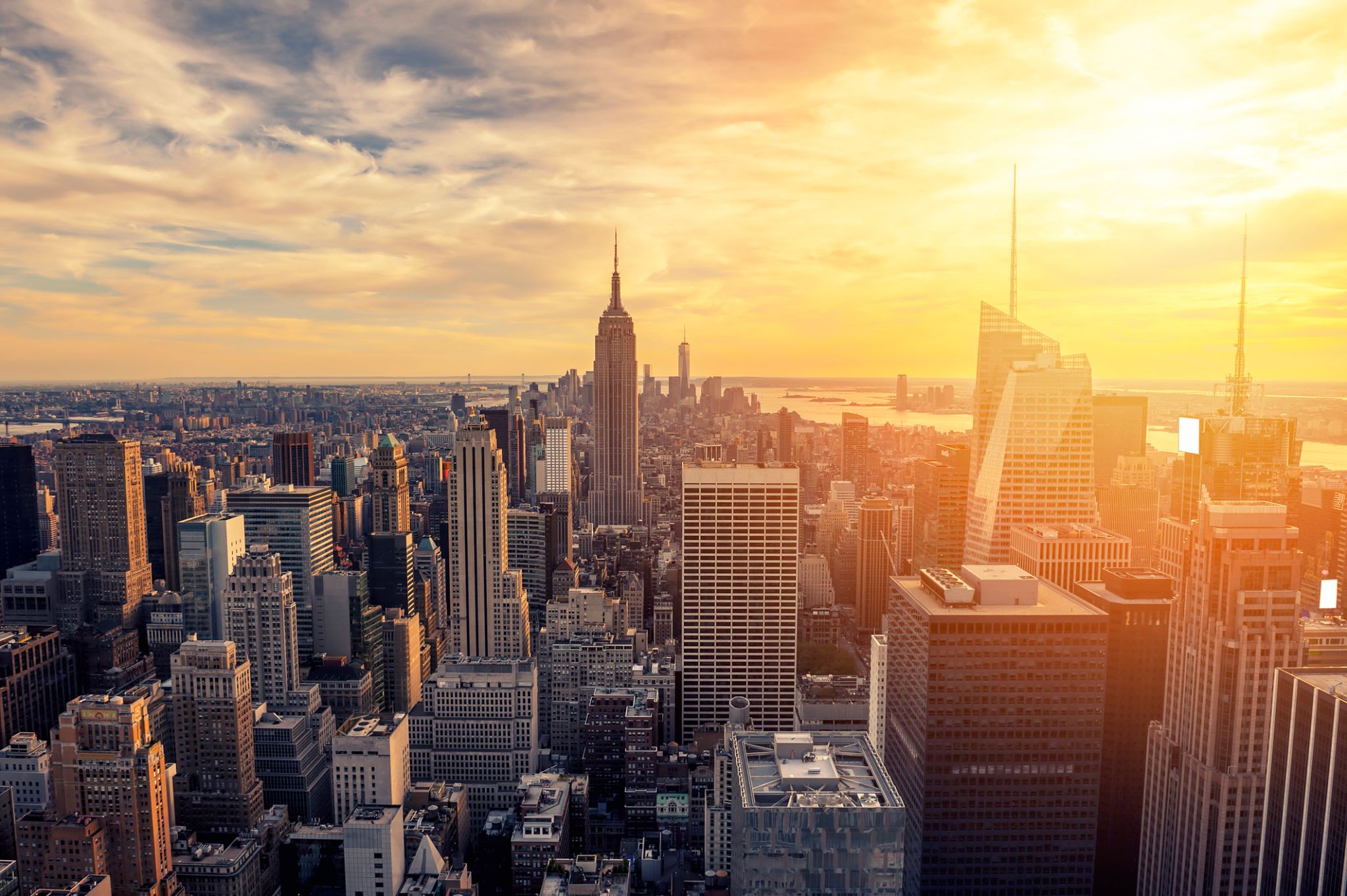
The world famous city of New York , the largest city in the United States, with a population of 8.5 million people, and with suburbs - 20.6 million. New York is the largest economic, political, scientific, and cultural center of the United States. It is rightly called the "Main Gate" in the United States, and the world's largest John F. Kennedy Airport is located here. One of the distinguishing features of the city is the variegated national composition of the population, also called the United States in Miniature.
New York gathered in itself the whole essence of this country: fashion, religion, goods, pace and rhythm of American life. The UN headquarters is located here. There are also many universities in New York, the Academy of Sciences, and many other scientific institutions. Like any other metropolis in the world, New York invites you to visit numerous museums in the city, theaters and concert halls, including the Metropolitan Opera and Carnegie Hall. A great place to relax in New York is Central Park, where you can feed hand-held squirrels, which, to everyone's surprise, are not afraid of people. You can also appreciate the beauty of the famous Empire State Building, with a height of 102 floors, it is an example of skyscrapers, although it was built in 1829-1831. "Must see" in New York, of course, the Statue of Liberty ("Lady Liberty"), located at the mouth of the Hudson River, on the small island of Liberty. And of course, don't forget to stroll along Broadway.
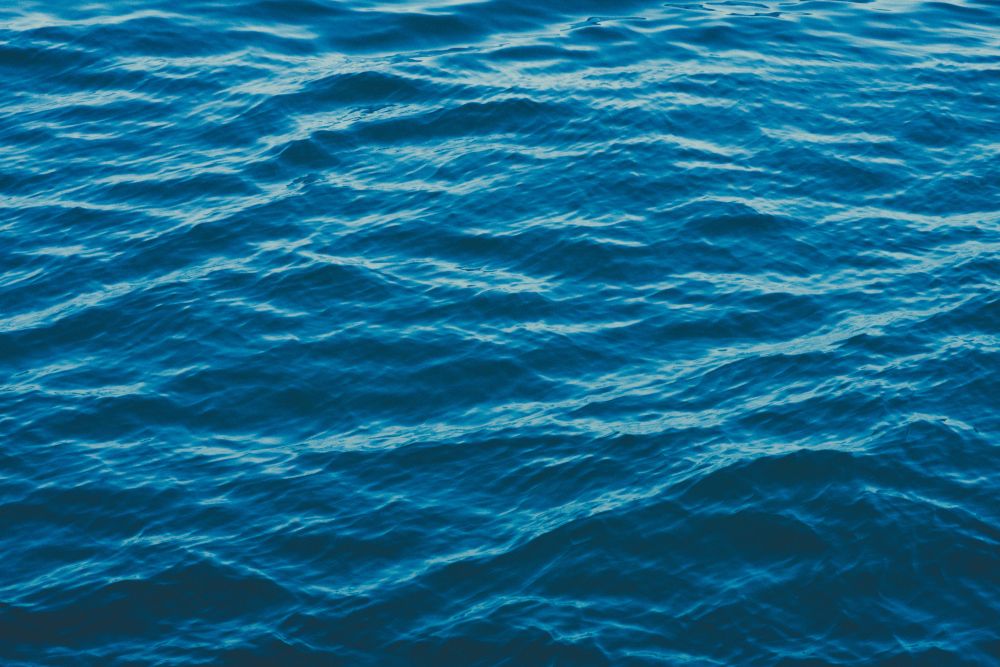
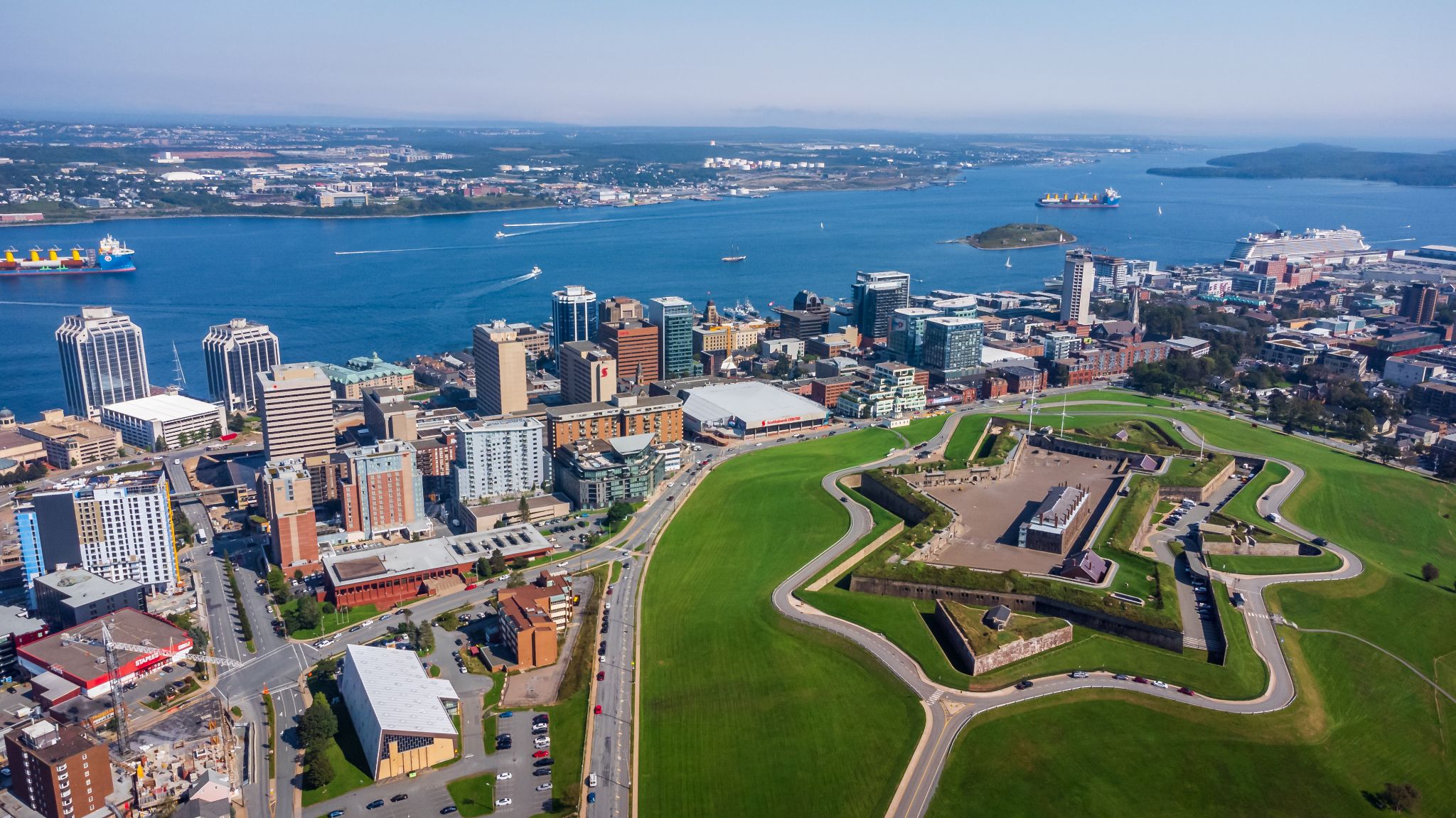
Halifax, also known as the Halifax Regional Municipality (HRM), is the capital of the Canadian province of Nova Scotia. The municipality had a population of 403,131 in 2016, with 316,701 in the urban area centred on Halifax Harbour. The regional municipality consists of four former municipalities that were amalgamated in 1996: Halifax, Dartmouth, Bedford, and Halifax County.
Halifax is a major economic centre in Atlantic Canada with a large concentration of government services and private sector companies. Major employers and economic generators include the Department of National Defence, Dalhousie University, Saint Mary's University, the Halifax Shipyard, various levels of government, and the Port of Halifax. Agriculture, fishing, mining, forestry and natural gas extraction are major resource industries found in the rural areas of the municipality.




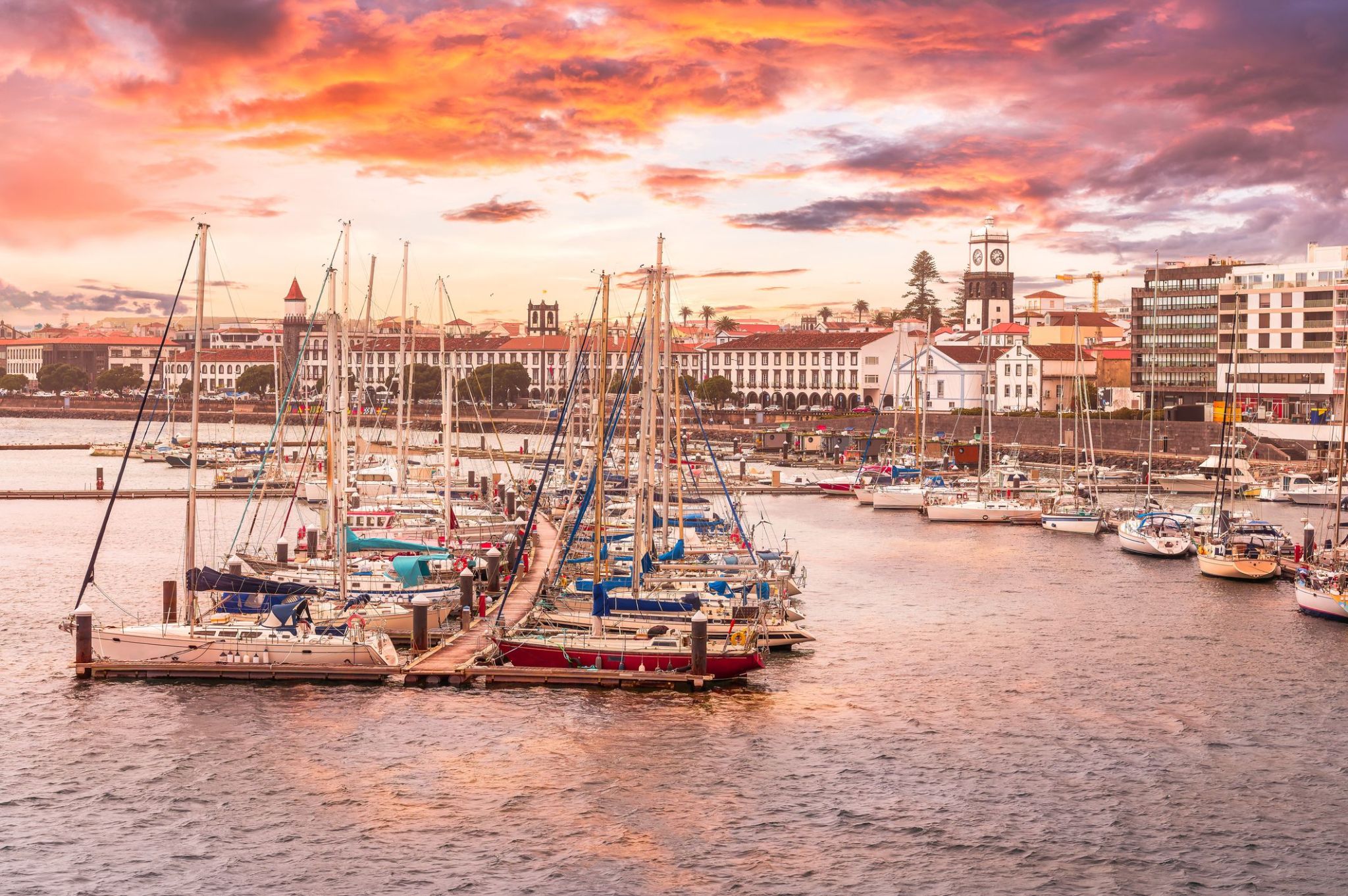
W otoczeniu wulkanicznych krajobrazów i zielonych wzgórz Ponta Delgada wita gości wyjątkowym rytmem, gdzie szum oceanu miesza się z aromatem świeżo parzonej kawy. Tutaj, w stolicy wyspy São Miguel, można spacerować brukowanymi uliczkami z czarno-białymi portugalskimi wzorami, zajrzeć do przytulnych kawiarni na lokalne wypieki i obserwować, jak zachód słońca maluje Atlantyk w złoto-różowe odcienie.
Dla miłośników natury Ponta Delgada otwiera drogę do gorących źródeł Furnas, punktów widokowych na jeziora Sete Cidades oraz rejsów na obserwację wielorybów, które wyruszają bezpośrednio z portu miejskiego. To miejsce, w którym wakacje na Azorach wypełnione są chwilami prawdziwego spokoju, świeżością oceanicznej bryzy i poczuciem, że czas zwalnia, pozwalając dostrzec piękno każdego dnia.

W otoczeniu wulkanicznych krajobrazów i zielonych wzgórz Ponta Delgada wita gości wyjątkowym rytmem, gdzie szum oceanu miesza się z aromatem świeżo parzonej kawy. Tutaj, w stolicy wyspy São Miguel, można spacerować brukowanymi uliczkami z czarno-białymi portugalskimi wzorami, zajrzeć do przytulnych kawiarni na lokalne wypieki i obserwować, jak zachód słońca maluje Atlantyk w złoto-różowe odcienie.
Dla miłośników natury Ponta Delgada otwiera drogę do gorących źródeł Furnas, punktów widokowych na jeziora Sete Cidades oraz rejsów na obserwację wielorybów, które wyruszają bezpośrednio z portu miejskiego. To miejsce, w którym wakacje na Azorach wypełnione są chwilami prawdziwego spokoju, świeżością oceanicznej bryzy i poczuciem, że czas zwalnia, pozwalając dostrzec piękno każdego dnia.

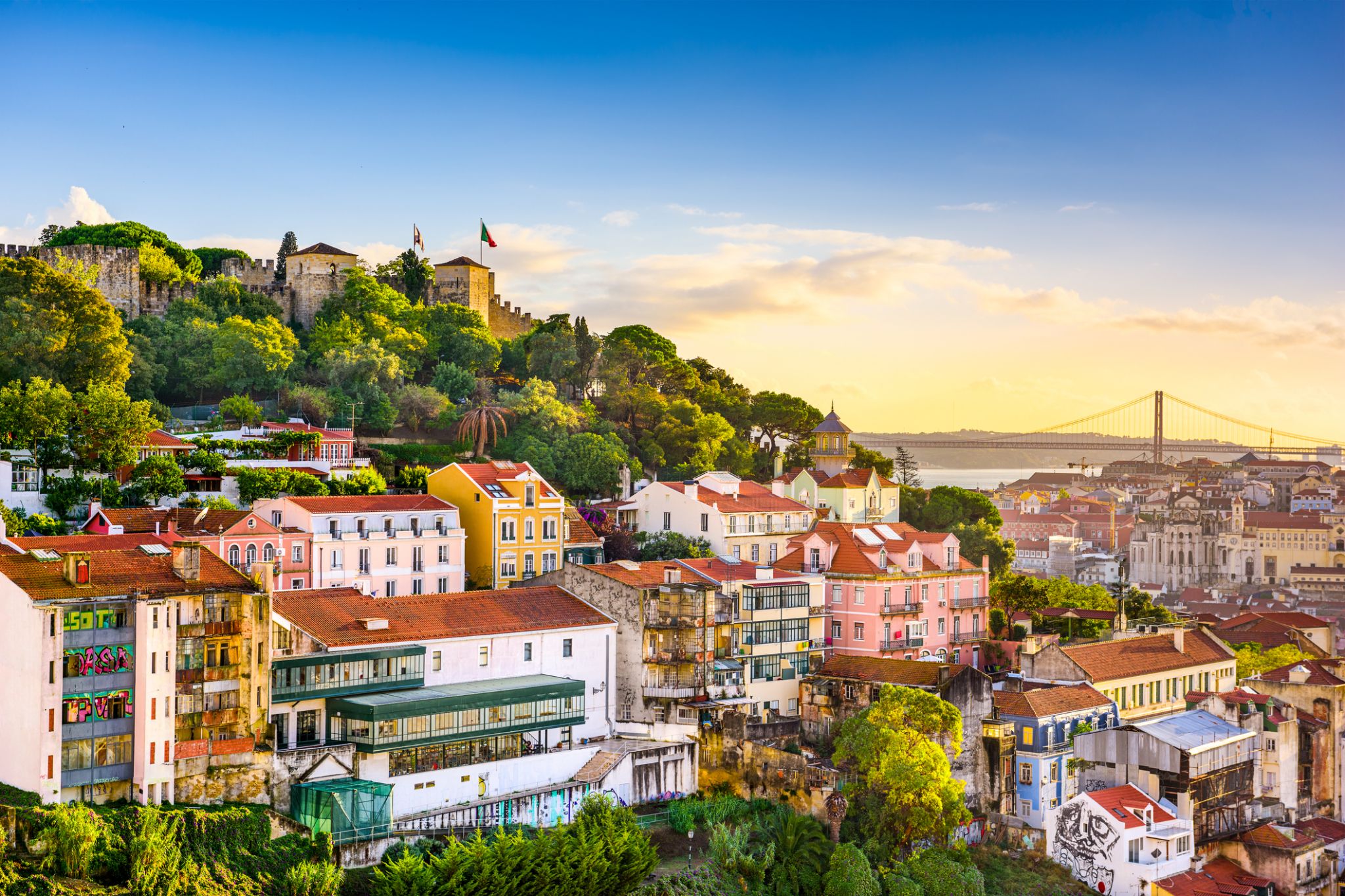
Lizbona jest stolicą i największym miastem Portugalii, z szacowaną populacją 505 526 mieszkańców w granicach administracyjnych na obszarze 100,05 km². Jej obszar miejski rozciąga się poza granice administracyjne miasta i liczy około 2,8 miliona mieszkańców, co czyni go jedenastym najbardziej zaludnionym obszarem miejskim w Unii Europejskiej. Około 3 milionów ludzi mieszka w aglomeracji lizbońskiej (która stanowi około 27% populacji kraju). Jest to najbardziej wysunięta na zachód stolica kontynentalnej Europy i jedyna położona nad Oceanem Atlantyckim. Lizbona leży na zachodnim Półwyspie Iberyjskim nad Oceanem Atlantyckim i rzeką Tag. Najbardziej wysunięte na zachód obszary jej aglomeracji tworzą najbardziej wysunięty na zachód punkt kontynentalnej Europy, znany jako Cabo da Roca, położony w górach Sintra.

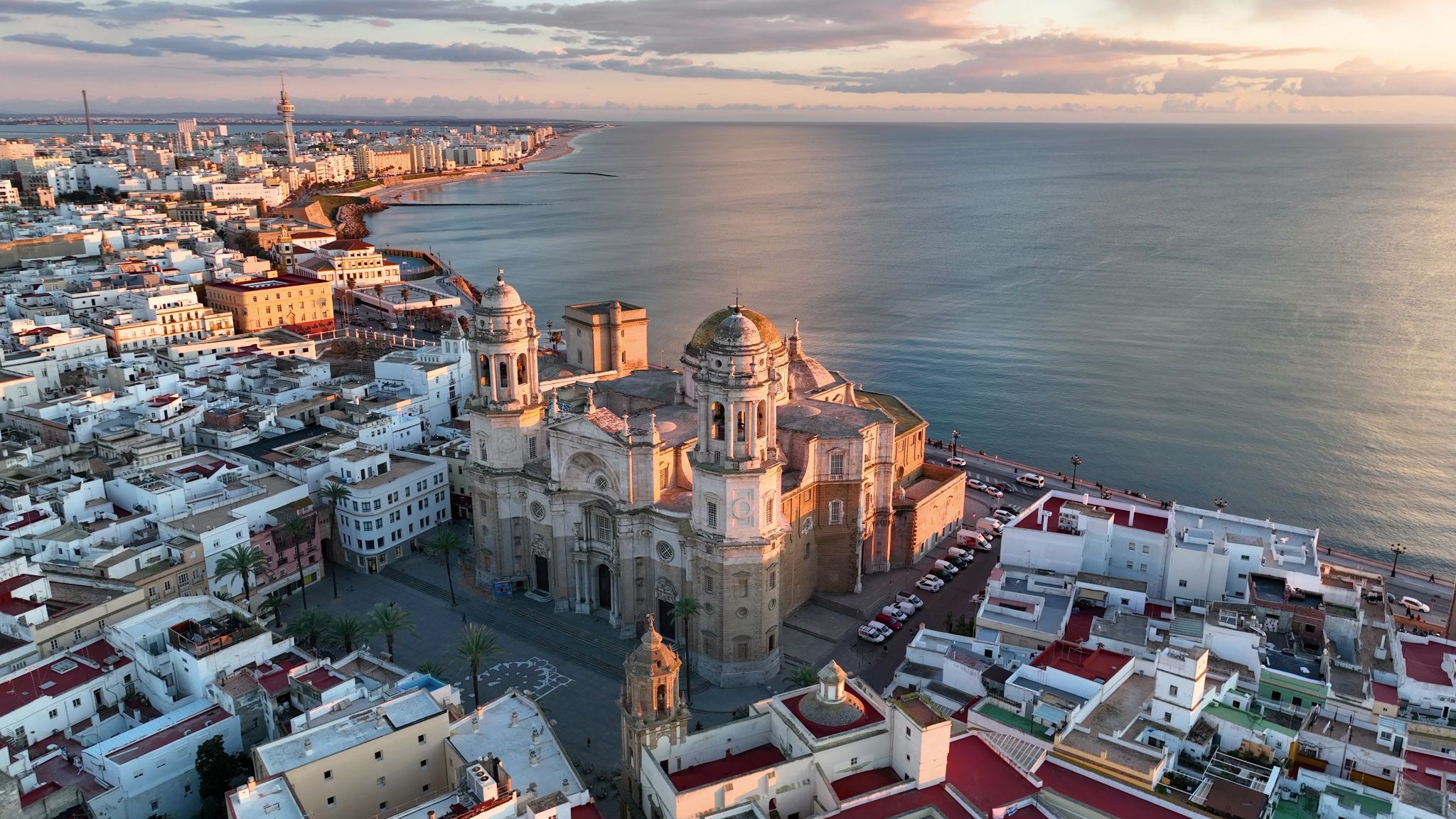
Cádiz jest jednym z najstarszych miast w Europie, położonym na południowo-zachodnim wybrzeżu Hiszpanii w sercu Andaluzji. Miasto znajduje się na półwyspie, otoczone przez Ocean Atlantycki, co nadaje mu wyjątkową atmosferę. Cádiz jest znane z malowniczych plaż, takich jak Playa de la Victoria, a także ze starożytnych uliczek z białymi domami i wspaniałymi fasadami, które przypominają o mauretańskiej i kolonialnej historii. W historycznym centrum miasta znajduje się słynna katedra, której budowa trwała ponad wiek, a z jej wieży roztacza się imponujący widok na ocean.
Miasto jest również znane z tradycji karnawałowych oraz pysznej kuchni, w której dominują owoce morza. Lokalny karnawał uważany jest za jeden z najbarwniejszych w Hiszpanii, przyciągający co roku tysiące turystów.
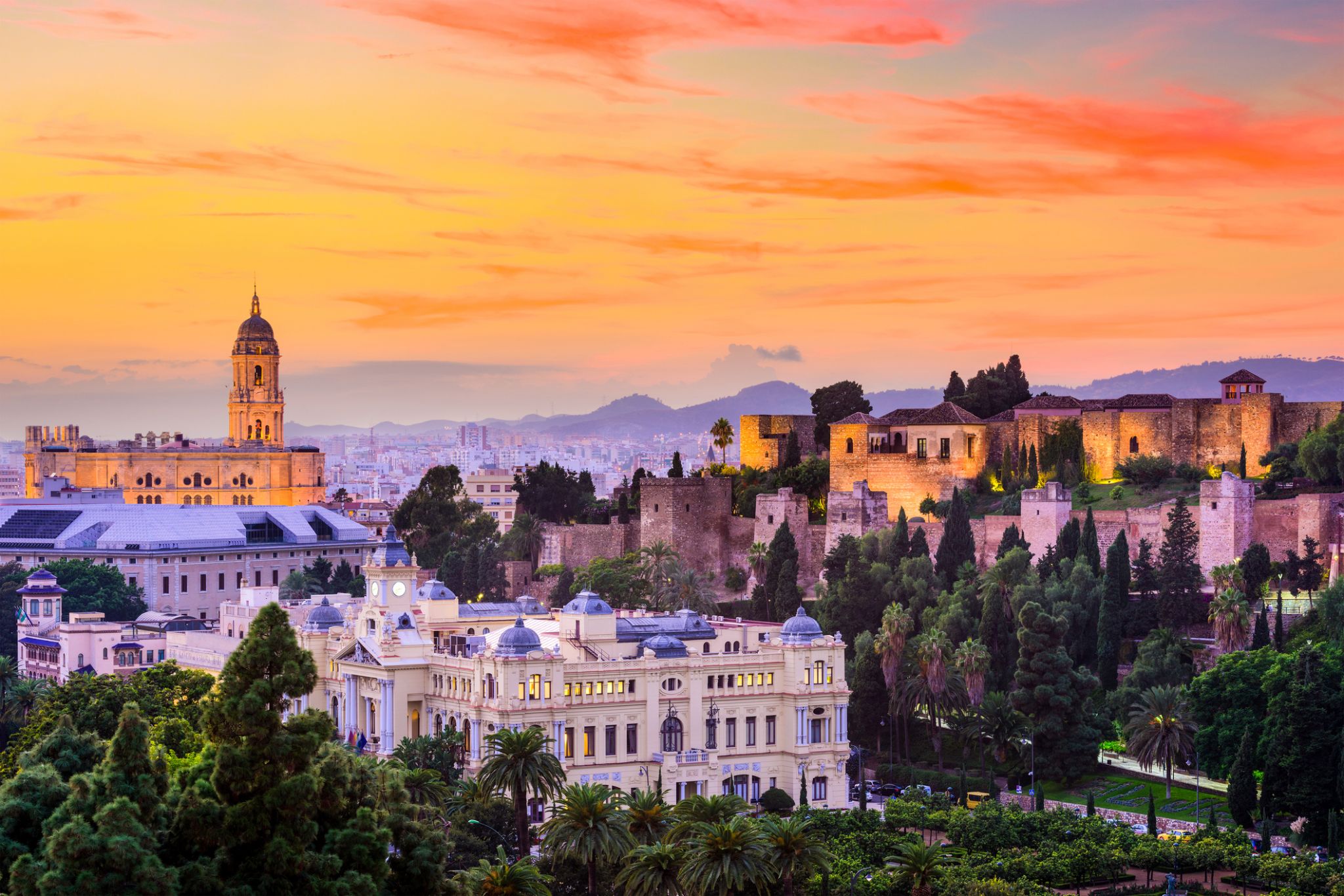
Málaga is a municipality, capital of the Province of Málaga, in the Autonomous Community of Andalusia, Spain. With a population of 569,130 in 2015, it is the second-most populous city of Andalusia and the sixth-largest in Spain. The southernmost large city in Europe, it lies on the Costa del Sol (Coast of the Sun) of the Mediterranean, about 100 kilometres (62.14 miles) east of the Strait of Gibraltar and about 130 km (80.78 mi) north of Africa.
Málaga's history spans about 2,800 years, making it one of the oldest cities in the world. According to most scholars, it was founded about 770 BC by the Phoenicians as Malaka From the 6th century BC the city was under the hegemony of Ancient Carthage, and from 218 BC, it was ruled by the Roman Republic and then empire as Malaca (Latin). After the fall of the empire and the end of Visigothic rule, it was under Islamic rule as Mālaqah for 800 years, but in 1487, the Crown of Castille gained control after the Reconquista. The archaeological remains and monuments from the Phoenician, Roman, Arabic and Christian eras make the historic center of the city an "open museum", displaying its history of nearly 3,000 years.
This important cultural infrastructure and the artistic heritage have culminated in the nomination of Málaga as a candidate for the 2016 European Capital of Culture.
The painter and sculptor Pablo Picasso, Hebrew poet and Jewish philosopher Solomon Ibn Gabirol and the actor Antonio Banderas were born in Málaga. The magnum opus of Cuban composer Ernesto Lecuona, "Malagueña", is named after the music of this region of Spain.
The most important business sectors in Málaga are tourism, construction and technology services, but other sectors such as transportation and logistics are beginning to expand. The Andalusia Technology Park (PTA), located in Málaga, has enjoyed significant growth since its inauguration in 1992. Málaga is the main economic and financial centre of southern Spain, home of the region's largest bank, Unicaja, and the fourth-ranking city in economic activity in Spain behind Madrid, Barcelona and Valencia.

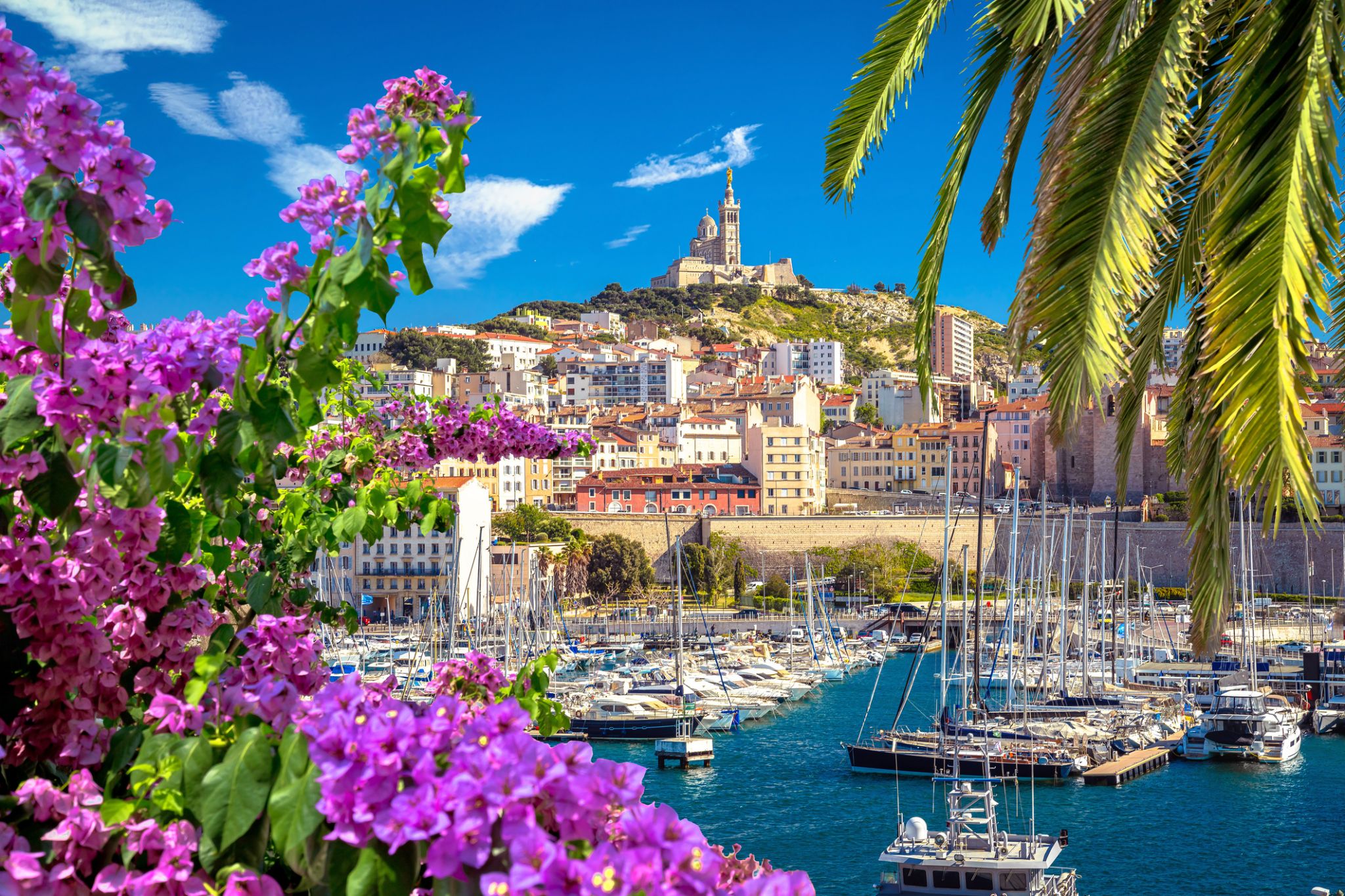
Witamy w gościnnym Prowansie! Bramą do tego regionu jest Marsylia – miasto „Marsylianki”, hymnu Francji, oraz słynnego Zamku If. Symbolem Marsylii jest bazylika Notre-Dame de la Garde. Latem można wziąć udział w oprowadzaniu po francusku (3 EUR), a dopłacając 5 EUR wejść na dach, skąd rozciąga się wspaniała panorama miasta. W pobliżu znajduje się opactwo św. Wiktora z ciekawymi katakumbami.
Rejs turystycznym statkiem na Wyspy Frioul pozwala zobaczyć Zamek If – znany z powieści o hrabim Monte Christo. Kulturalnym sercem Marsylii są Cours Julien i plac Jeana Jaurèsa – pełne księgarni, alternatywnych sklepów, klubów i kawiarni. Dwa razy w tygodniu odbywa się tu wielki targ (czwartek i sobota). Wśród atrakcji miasta znajdują się liczne muzea, galerie i dzieła architektury, a także malownicze zatoki zwane kalankami, uznawane za francuskie fiordy.
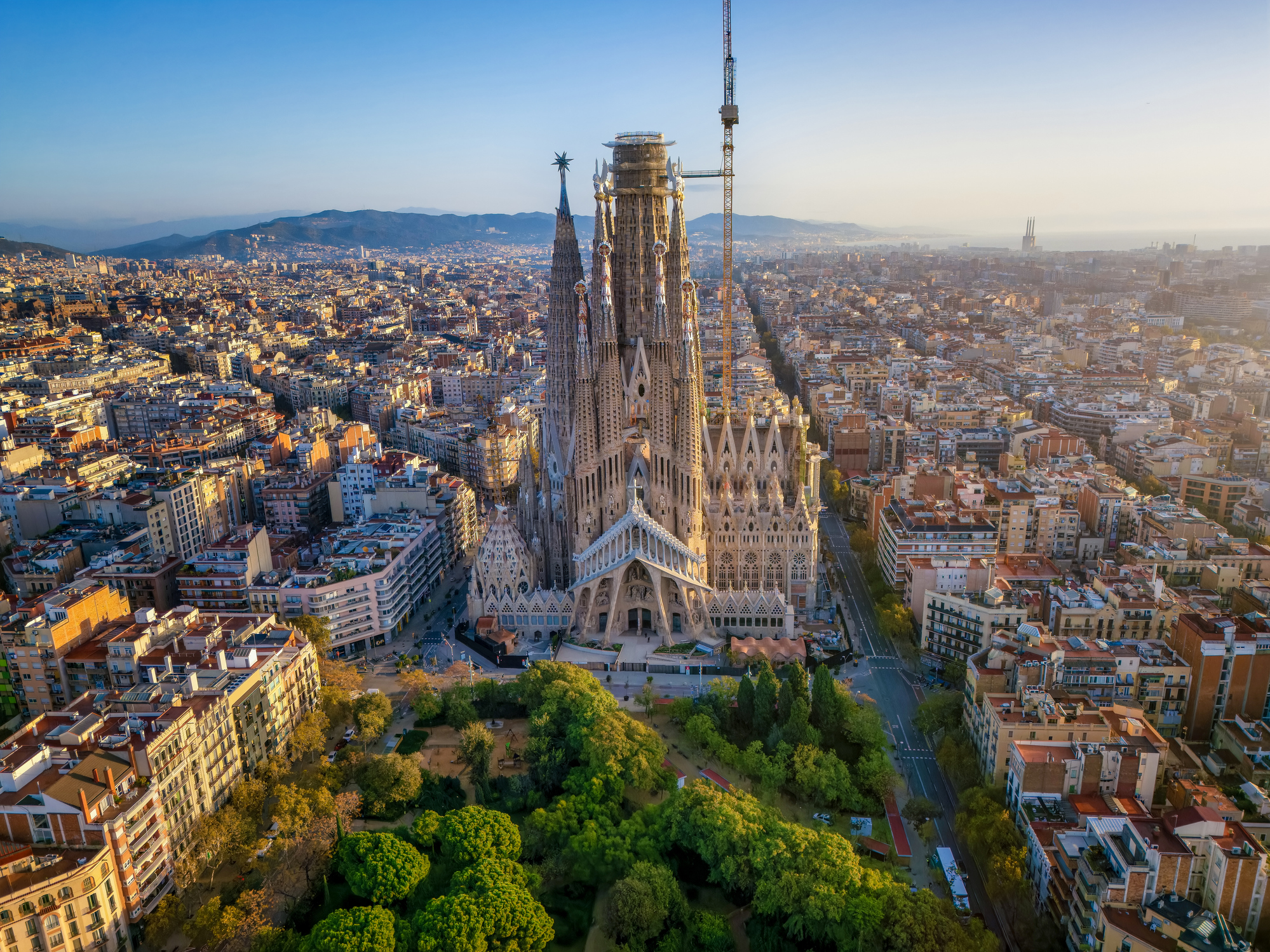
Mając reputację jednego z najatrakcyjniejszych miast w Europie, Barcelona świętuje swoją rolę stolicy Katalonii. Kosmopolityczna i międzynarodowa atmosfera miasta sprawia, że jest to ulubione miejsce wielu ludzi na całym świecie. Miasto jest szczególnie znane ze swojej architektury i sztuki – podróżnicy z całego świata przybywają, aby zobaczyć słynną Sagrada Familia i inne modernistyczne zabytki zaprojektowane przez Gaudiego.
Barcelona to miasto z licznymi i oryginalnymi możliwościami spędzania czasu wolnego, które sprawiają, że chcesz tu wracać. Położona na wybrzeżu Morza Śródziemnego Barcelona słynie z arcydzieł Gaudiego i architektury secesyjnej: jest jednym z najbardziej stylowych miast europejskich.
Miasto jest ośrodkiem nowych trendów w świecie kultury, mody i gastronomii. Dopełnieniem kreatywności artystów i projektantów jest ostrożne podejście do tradycyjnych placówek. Barcelona łączy w sobie urok i spokój historycznego centrum z awangardowymi nowoczesnymi dzielnicami i intensywnym tempem życia w jednym z najczęściej odwiedzanych miast na świecie.

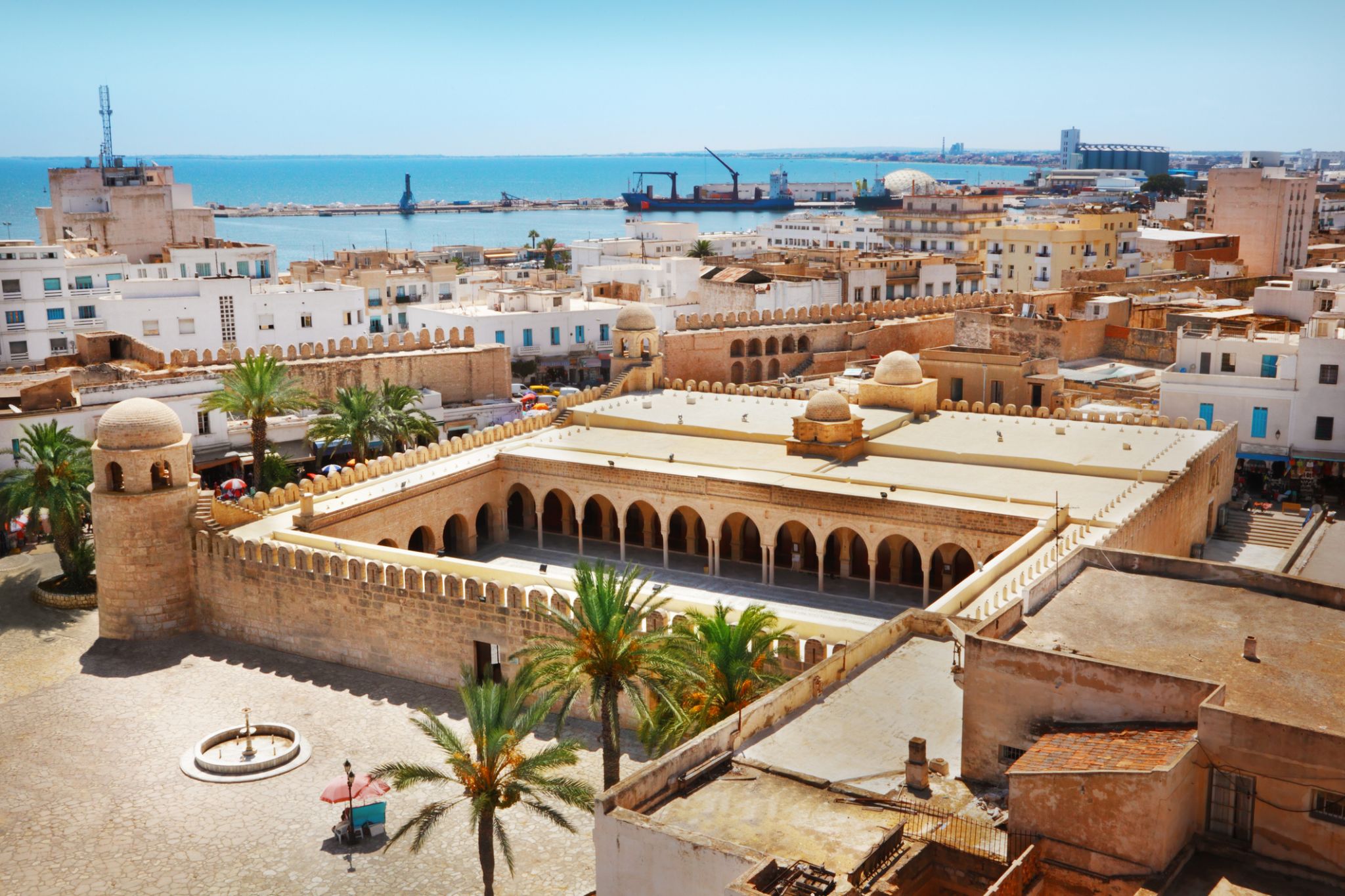
Tunisia (officially the Republic of Tunisia) is a country in the Maghreb region of North Africa, covering 165,000 square kilometres (64,000 square miles). Its northernmost point, Cape Angela, is the northernmost point on the African continent. It is bordered by Algeria to the west and southwest, Libya to the southeast, and the Mediterranean Sea to the north and east. Tunisia's population was 11.435 million in 2017. Tunisia's name is derived from its capital city, Tunis, which is located on its northeast coast.
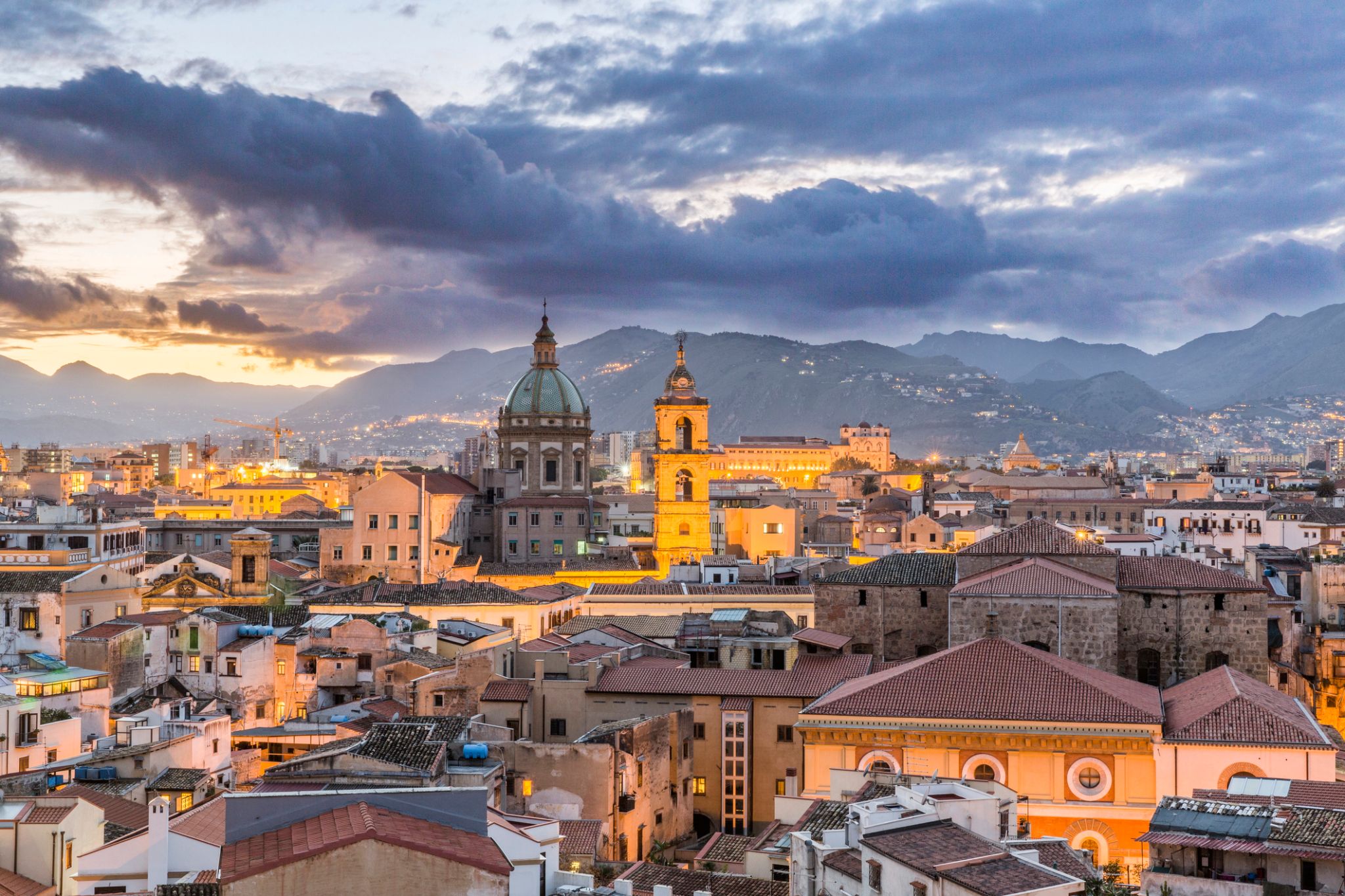
Sycylia to największa wyspa na Morzu Śródziemnym i jeden z 20 regionów Włoch. Jest jedną z pięciu włoskich regionów autonomicznych, położoną w południowych Włoszech, wraz z otaczającymi ją mniejszymi wyspami, oficjalnie określana jako Regione Siciliana.
Leży w centralnej części Morza Śródziemnego, na południe od Półwyspu Apenińskiego, od którego oddziela ją wąska Cieśnina Mesyńska. Najbardziej znanym symbolem wyspy jest Etna, najwyższy czynny wulkan w Europie i jeden z najbardziej aktywnych na świecie, o wysokości 3 329 m. Wyspa ma typowy klimat śródziemnomorski.
Najwcześniejsze ślady obecności człowieka sięgają 12 000 r. p.n.e. Około 750 r. p.n.e. na Sycylii istniały trzy kolonie fenickie i kilkanaście greckich, a przez następne 600 lat była areną wojen sycylijskich i wojen punickich. Po upadku Cesarstwa Rzymskiego rządzili nią kolejno: Wandalowie, Ostrogoci, Bizancjum i Emirat Sycylii. Po podboju normańskim powstało Królestwo Sycylii, później rządzone przez Hohenstaufów, dynastię Andegawenów, Hiszpanię i Habsburgów. W XVIII w. połączone zostało z Neapolem w Królestwo Obojga Sycylii. W 1860 roku, po wyprawie „Tysiąca” Garibaldiego i plebiscycie, weszło w skład zjednoczonych Włoch. 15 maja 1946 roku otrzymało status regionu autonomicznego.
Sycylia słynie z bogatej kultury – sztuki, muzyki, literatury, kuchni i architektury. Znajdują się tu także ważne stanowiska archeologiczne, jak Nekropolia Pantalica, Dolina Świątyń, Erice i Selinunte.